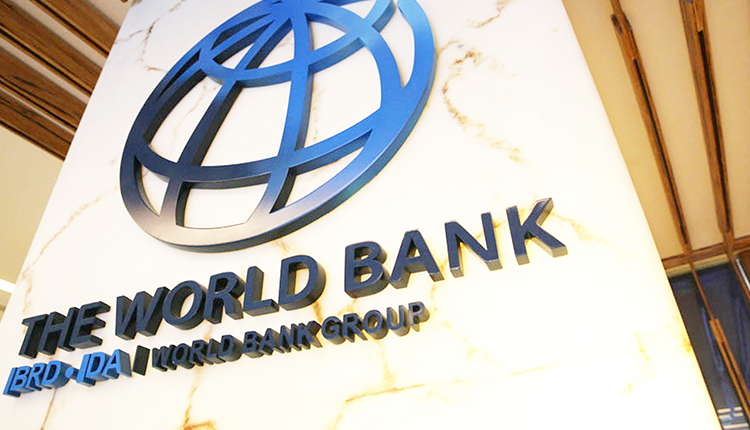Egypt’s economic growth is expected at 2.5 per cent in fiscal year 2024 before accelerating to 3.5 per cent in fiscal year 2025, said the World Bank on Wednesday.
According to its latest semi-annual MENA Economic Update, entitled Growth in the Middle East and North Africa, the World Bank said the ongoing conflict centered in Gaza had suppressed economic activity in neighboring economies, including Egypt affecting its Suez Canal revenue.
“Growth in the Arab Republic of Egypt is also forecast to decline from 3.8 percent in fiscal year 2023 to 2.5 percent in fiscal year 2024 due to weak manufacturing activity, import restrictions, a downturn in gas extraction operations, and reduced shipping through the Suez Canal.” the report read.
Real GDP per Capita Growth
GDP per capita in MENA is expected to grow by a modest 0.9 per cent in fiscal year 2024 and 1.9 per cent in fiscal year 2025.
Inflation
Starting from high levels, the World Bank report said inflation in Egypt “has been on a declining trend.”
This declining trend in inflation follows the Central Bank of Egypt’s (CBE) decision in March 2024 to allow the local currency to depreciate against the dollar, unifying the exchange rate, and to increase key policy rates by 600 basis points (a basis is 1/100th of a percentage point) to anchor inflation expectations.
The World Bank forecasts Egypt’s inflation to reach 17.2 per cent in fiscal year 2025.
Current Account Deficit
The World Bank said Egypt, Tunisia, Jordan, Morocco, and the West Bank and Gaza are forecast to post current account deficits this year. Specifically, Egypt’s current account deficit “is set to widen to 5.3 per cent of GDP in fiscal year 2024, from a 1.2 per cent deficit in fiscal year 2023.”
“The widening deficit is largely driven by an expanding trade deficit, resulting from a reduction in oil exports coupled with an increase in non-oil imports, as well as decreased revenue from reduced shipping through the Suez Canal.”
Improved Fiscal Deficit
Nevertheless, the World Bank forecast Egypt’s fiscal deficit to decline to 3.6 per cent in fiscal year 2024 from 6 per cent in fiscal year 2023.
“This improvement is primarily due to the one-off recording of the EGP equivalent of half of the fresh inflows from the Ras El-Hekma deal, amounting to US$12 billion into fiscal revenues.”
“This exceptional revenue boost has outweighed the constrained fiscal space caused by high interest payments and low domestic tax revenue, which reflects ongoing challenges in consumption and economic activity, especially affecting value-added tax revenues.”
Effects of Gaza conflict
“As a key regional player, the Arab Republic of Egypt remains particularly susceptible to balance-of-payment challenges, compounded by recurrent disruptions in Suez Canal maritime traffic;” However, the World Bank said Egypt’s “tourism sector has been resilient.”
The Suez Canal, Egypt’s vital source of revenue, has experienced a stark decline in earnings amid escalating security risks in the Red Sea. In the six-month span from January to June 2024, Suez Canal revenues fell by 62 per cent compared to the second half of 2023.
For fiscal year 2024/25, the World Bank expects “revenues to be close to half their pre-conflict level—declining to $4.8 billion from the $8.8 billion in FY2022/23—a decline that represents 8 per cent of the Arab Republic of Egypt’s projected reserves.”
On the upside, the World Bank said Egypt’s tourism revenues increased slightly despite the growing regional security challenges. At the same time, it warned that the uncertainty of the conflict looms large over portfolio investments, heightening investors apprehension across the region.
Attribution: World Bank’s Growth in the Middle East and North Africa


